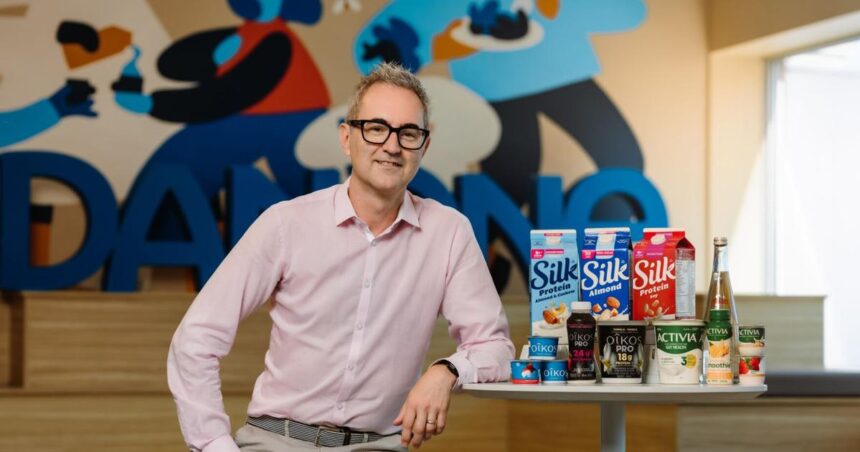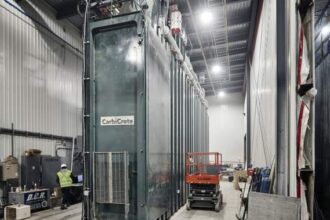The morning that Dan Magliocco stepped into his role as President of Danone Canada was unlike any first day he could have imagined. Just hours before his official start, tragedy struck when a Danone factory worker lost his life in a workplace accident. What should have been a celebratory beginning became an immediate test of leadership amid profound grief.
“My first meeting was with our crisis team,” Magliocco recalls, his voice steady but weighted with the memory. “Any agenda I had prepared went immediately out the window. The most important thing was supporting our employees through their grief and ensuring we honored our colleague with appropriate respect.”
The incident cast a shadow over Danone’s Canadian operations and forced Magliocco to navigate his leadership introduction through unprecedented circumstances. Rather than shying away from the challenge, the veteran consumer packaged goods executive confronted it head-on, postponing strategic initiatives to focus on the immediate human needs of his organization.
Industry analysts note that such moments define leadership more clearly than any corporate success. “How executives respond to unexpected tragedy reveals their authentic values in ways strategic decisions never can,” explains Dr. Emily Richardson, Professor of Business Leadership at UBC. “Magliocco’s prioritization of people over process demonstrates a leadership philosophy increasingly vital in today’s corporate landscape.”
In the weeks that followed, Magliocco instituted comprehensive safety reviews across all Canadian facilities while simultaneously creating space for collective healing. Employee support programs were expanded, and moments of remembrance were incorporated into company gatherings. The deliberate pause allowed the organization to process grief before pivoting toward future goals.
This approach aligns with Danone’s global reputation for balancing purpose with profit. As a certified B Corporation, the company has committed to social and environmental performance standards alongside financial objectives. Magliocco’s response to crisis reinforced these values at a critical juncture.
The leadership lessons extend beyond crisis management. As Danone Canada emerges from this challenging period, Magliocco has focused on strengthening the company’s market position while honoring commitments to sustainability and community impact. Despite significant supply chain disruptions affecting the food industry, Danone’s Canadian division has maintained growth in key categories including plant-based products and specialized nutrition.
“The experience taught me that transparency is non-negotiable,” Magliocco explains. “Whether communicating with employees about safety protocols or with consumers about product sourcing, authenticity builds the trust necessary to weather any storm.”
Industry competitors have taken note of Danone Canada’s resilience through adversity. The company’s ability to maintain operational momentum while properly addressing tragedy has become a case study in balanced leadership. Financial results suggest the approach is working—Danone Canada has outperformed market expectations despite the challenging start to Magliocco’s tenure.
As the company moves forward, the lessons from those difficult first days continue to influence strategic direction. Employee safety protocols have been enhanced, communication channels strengthened, and crisis response frameworks refined. What began as tragedy has evolved into transformation.
For business leaders across sectors, Magliocco’s experience offers a powerful reminder that technical expertise means little without emotional intelligence. In an era when corporate culture faces increasing scrutiny, how organizations respond to their darkest moments may ultimately define their brightest futures.
























